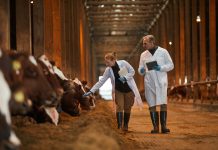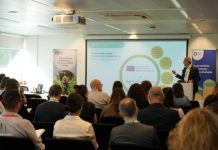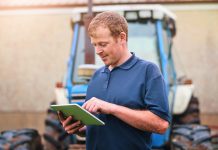Here we learn all about Horizon 2020 funded Project CIRCLES, which provides the scientific knowledge to exploit natural microbiomes for the sustainable food production, delivering new and healthier food applications
Microbes offer an untapped potential and could be the key to better and healthier living. Yet, research and innovation developments on microbiomes remain scarce. To challenge the state of play, the European Commission has made the development of innovative applications based on microbiomes a priority in its Farm to Fork strategy.
Between 2018 and 2024, the Horizon 2020 funded project Controlling mIcRobiomes CircuLations for bEtter food Systems (CIRCLES) will explore innovative microbiomes-tailored circular actions. The project will then translate these into concrete agricultural applications that will ultimately enhance the EU food system performances and their overall sustainability. The project explores microbiome interactions and circulations across six food chains: spinach, tomatoes, poultry, swine, farmed & wild salmon, and farmed & wild seabream.
Microbes, microbiota, microbiomes…?
Plants, animals and humans live in a mutually beneficial (symbiotic) relationship with hundreds of billions of microbes. This population of symbiotic micro-organisms comprising bacteria, viruses, fungi, single-cell organisms and microbes living in and around living things is called the microbiota. The genetic material present in all these micro-organisms forms the microbiome. In other words, microbiomes are used to deduce the composition and function of the microbiota.
Enhancing our understanding of microbiomes and developing new food and feed applications stemming from microbiomes research could be instrumental in reaching sustainable food systems, while improving people’s diets and well-being. This scientific challenge can now be addressed thanks to recent breakthroughs in genomic mapping, robotics and chemical analysis.
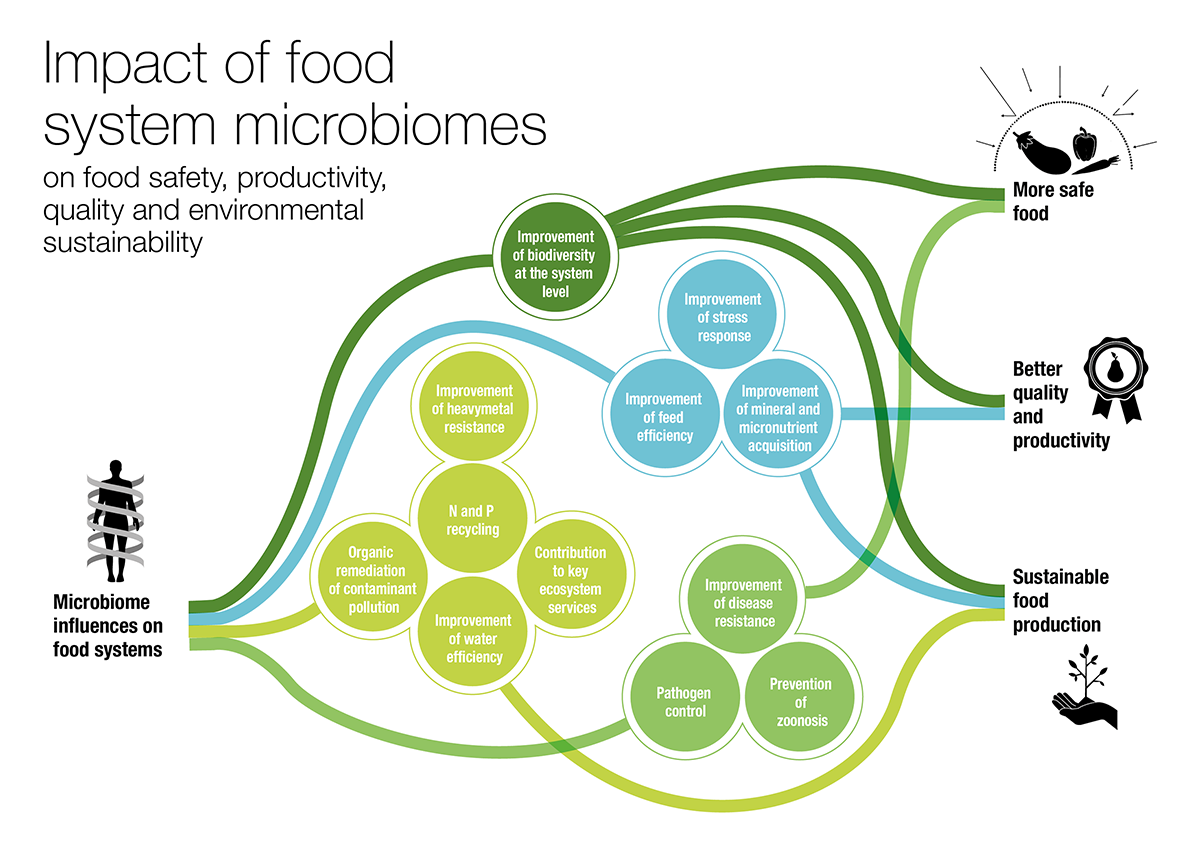
CIRCLES project organisation
CIRCLES takes the lead in bridging the existing knowledge gap with the aim to provide decision-makers, academia, businesses, civil society and consumers with a common vision on the impact of microbiomes on food systems, from farm to shelf. The project is led by the University of Bologna and Prof. Marco Candela as its coordinator. The CIRCLES Consortium comprises 31 partner organisations from all around Europe.
The project is organised around three phases:
Discovery phase: CIRCLES set up real field labs to explore microbiomes dynamics and circulation across all the players of six food systems: spinach, tomato, poultry, swine, wild and farmed Atlantic salmon, as well as wild and farmed seabream. For the aquaculture food chains, CIRCLES will assess, in addition, the health and safety of the marine ecosystem by studying the microbiome of bioindicators such as bivalves, annelids, corals and shellfish as potential vectors/ reservoirs of microbes for fishes. This will help to model the optimal microbiome configuration for each food system actor.
- Intervention phase: The results from the discovery phase will allow CIRCLES to develop innovative smart microbiome modulators (SMMs). In this context, modulators are products (e.g., probiotics) designed to interact with the microbial population and their environment to promote healthy microbiome functions. SMMs will be implemented into circular actions. They will be given simultaneously to the different food system actors to create a positive impact on the microbiomes of the whole food system. This will help create Smart Microbiome Food Systems (SMFSs) which are defined as systems where microbiomes circulation is optimised in such a way that productivity, quality, safety and sustainability are increased.
- Communication phase: Through the abovementioned phases, CIRCLES will engage with decision-makers, civil society, business and scientists to share and exchange on the developed knowledge and highlight the importance of microbiomes for plant, animal, human and planet health. The project will pay special attention to citizens thanks to the ‘CIRCLES City Tours’, in which volunteered participants will get to learn about the role of microbiomes in food systems and actively participate in CIRCLES thanks to sampling activities.
Where do we stand?
The project is currently in its discovery phase, in which researchers are thoroughly investigating microbiomes of animals, environment, food, feed and farmers in the different food chains covered by the project. The activities include taking field samples and analysing them with 16S- and Shotgun sequencing methods. This first project phase is expected to provide an extensive and comprehensive microbiome survey across the whole food system and will allow a unique system vision of the role of microbiomes as determinants of the food system performances. Looking ahead to 2022, the intervention phase is due to begin when researchers translate their discoveries from the observational phase into concrete microbiome applications.
Expected impact of the CIRCLES research
CIRCLES will fully address the key priorities laid down in Food 2030 – the EU research and innovation policy response to the need for sustainable, healthy and inclusive food systems. The insights gained throughout the project will enable Europe to contribute to the needs of the rising world population, while decreasing hunger, implementing resource-efficient circular economy principles and helping reducing Europe’s environmental footprint. The solutions stemming from the research performed within CIRCLES would also help restore soil health and functions while reducing the use of chemical pesticides with environmental and health implications. The project would thus meet the objectives laid down in the EU Farm to Fork strategy to develop sustainable food production methods.
Besides a long-term beneficial impact in terms of overall sustainability and global health, CIRCLES will offer strong short-term perspectives on several economic aspects. The project will generate a new class of food products – smart microbiome food products (SMFPs) – characterised by greater productivity, better quality and environmental sustainability. The SMFPs will be certified by new Microbiome Transparent Labels (MTLs). This will lead to the creation of new jobs, such as SMFS Manager and SMFS Certifier.
The project will replace the persistent focus on microbes as the enemy with a broader view that they are also essential allies. Thus, by diving into the vast new area of the microbiome, CIRCLES will pave the way towards a food and nutrition revolution.
Stay up-to-date with the CIRCLES Project
Stay up to date with CIRCLES project’s latest news and visit the CIRCLES website.
For questions and requests, please use the following email: info@circlesproject.eu.
Follow CIRCLES on Twitter and Instagram and sing up for the project’s bi-annual newsletter.
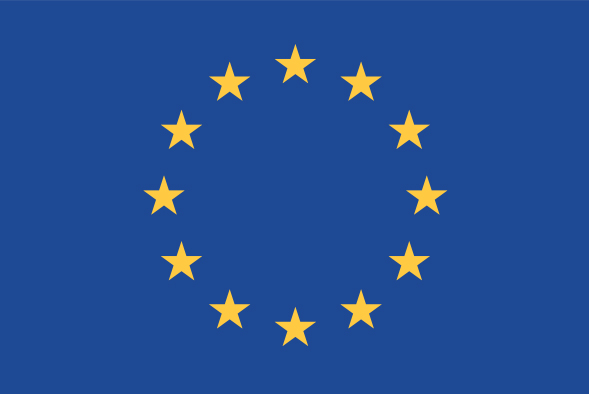
Controlling mIcRobiomes CircuLations for bEtter food Systems (CIRCLES) has received funding from the European Union’s HORIZON 2020 Research programme under the Grant Agreement no. 818290.
Please note: This is a commercial profile
© 2019. This work is licensed under CC-BY-NC-ND.



